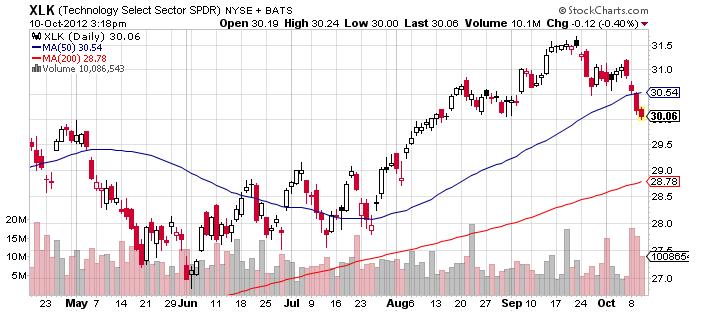 Author: CJ Brott, Capital Ideas
Author: CJ Brott, Capital Ideas
Covestor models: Macro Plus Income, ETF Only
Capital Ideas is continuing to buy and hold securities for the longer term. Although this is not fashionable, our portfolios call for this approach. The Macro Plus Income model is our firm’s actual pension plan. Given its tax deferred status, and our longer term market outlook, we will continue to buy high income securities and sprinkle in special situation securities whose potential for high returns will hopefully supply growth.
In that vein, we continue to hold Baltic Trading (BALT). As the yet-to-appear-but-much-feared recession lurks, spot rates for dry shippers continue to improve. The company is a “floating REIT” and will pass through growing streams of income to its LP holders. At full potential, we envision a company paying out $1 per unit annually.
Energy Transfer Partners (ETP) currently pays out $3.57 per unit. Should the hoped-for liquids pipelines come on stream in south Texas, we envision further substantial growth for the partnership and commensurate growth in the unit holder distribution.
We continue to own Cascade (CASC) and BJ’s Restaurant (BJRI) as special situations. Although current market action has been less than favorable, both companies sport high rates of return on equity, impressive balance sheets and small equity bases. We think their future is bright.
Our ETF Only model continues to hold positions based on our long-held view that food and energy are in relatively short supply. Given that situation, we believe pressure for higher prices is inevitable. Because we are extremely limited in the ETFs which qualify for Covestor’s models, we have chosen to position the portfolio in the selected funds and await higher food and energy prices.
The large allocation to the S&P Midcap fund, while currently painful, is designed to supply diversification and exposure to the faster growing companies in the market.
We believe the markets are within 18 months of resuming a long term secular uptrend. When that happens, we expect to change strategy to a more aggressive posture. Until that time, current thinking will prevail.



